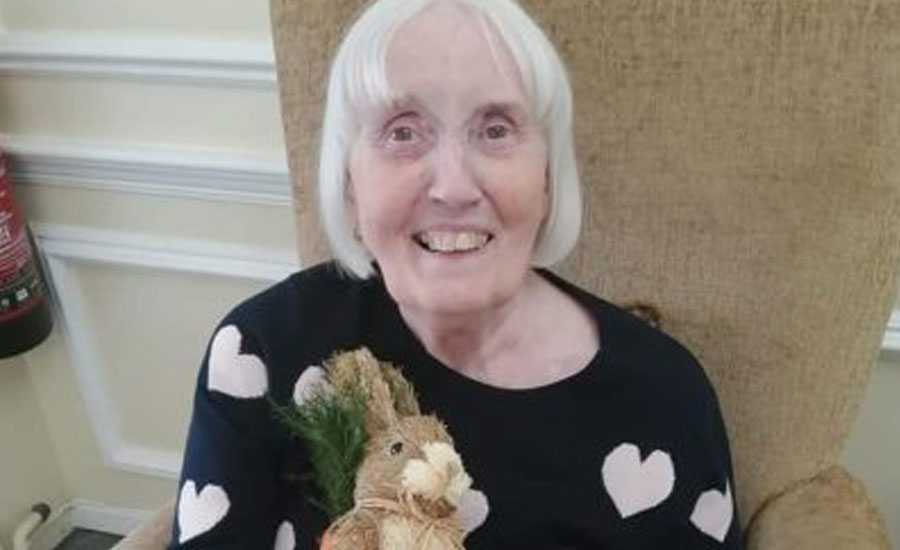Welcome to Spring: How can you help the elderly transition through the seasons

For most, the transition into Spring is a welcome sight as we begin to think about the warmer months ahead. However, as we get older, our bodies start to notice the changes in season and in our environment.
Changes in weather can be problematic for older adults, especially if they suffer from chronic health conditions. We put measures in place at Old Shenfield to help our residents deal with the change of season and we’re aiming for a positive frame of mind as we move into Spring!
We’ve created some information on the seasonal changes and how you can help elderly people you know.
Changes in daylight hours
Seasonal changes can also affect sleep patterns, especially during the winter season, when daylight hours are shorter. Along with this, reduced exposure to sunlight can lead to vitamin D deficiency, which can affect bone health and increase the risk of falls.
Spending time outdoors during daylight hours, taking vitamin D supplements, and maintaining a regular sleep schedule can help to counteract these problems.
Temperature fluctuation
Extreme temperature changes, such as those experienced during seasonal transitions, can affect the elderly’s health. For example, the cold temperatures during the winter season can lead to hypothermia, especially for older adults who are immobile and cannot generate enough body heat. We don’t spend as much time outside during the winter months, so it’s important to make a conscious effort to exercise indoors.
On the other hand, high temperatures during the summer season can lead to heat stroke, dehydration, and other heat-related illnesses. Regulating the temperature in the home and dressing appropriately for the weather will help combat these problems during warm weather.
Lack of social interaction
During the colder months, the elderly can be confined to their homes, which presents its own problems. It can feel lonely when you’re unable to get out to visit people and don’t receive many visitors of your own.
If you know an elderly person who has been isolated at home during colder spells, be sure to check in on them and spend some time with them.
Immune system problems
Changes in temperature and humidity can also affect the immune system, making the elderly more susceptible to respiratory illnesses such as flu, pneumonia, and COVID-19. It is extremely beneficial to encourage the elderly to get vaccinated against flu and pneumonia, practise good hygiene, and avoid crowded areas during peak flu season.
Seasonal affective disorder (SAD)
SAD is a type of depression that is related to seasonal changes, and it can affect mood, energy levels, and overall quality of life.
There are some small changes you can make to the home, such as keeping curtains open and spending time near windows during daylight hours. Try and take regular walks during the day if you and make the most of good weather in winter months.
If you have a loved one who is suffering, consider accessing mental health support for them and encourage them to get out and about, engaging in physical activity.
Our residents are getting out and socialising wherever possible, helping to boost mood and keep them fit and active. Combined with a healthy diet and plenty of water, we’re welcoming Spring with open arms!
For more information on our beautiful care home, please don’t hesitate to get in touch by calling 01753 890134 or emailing enquiries@austenwoodcarehome.co.uk.
